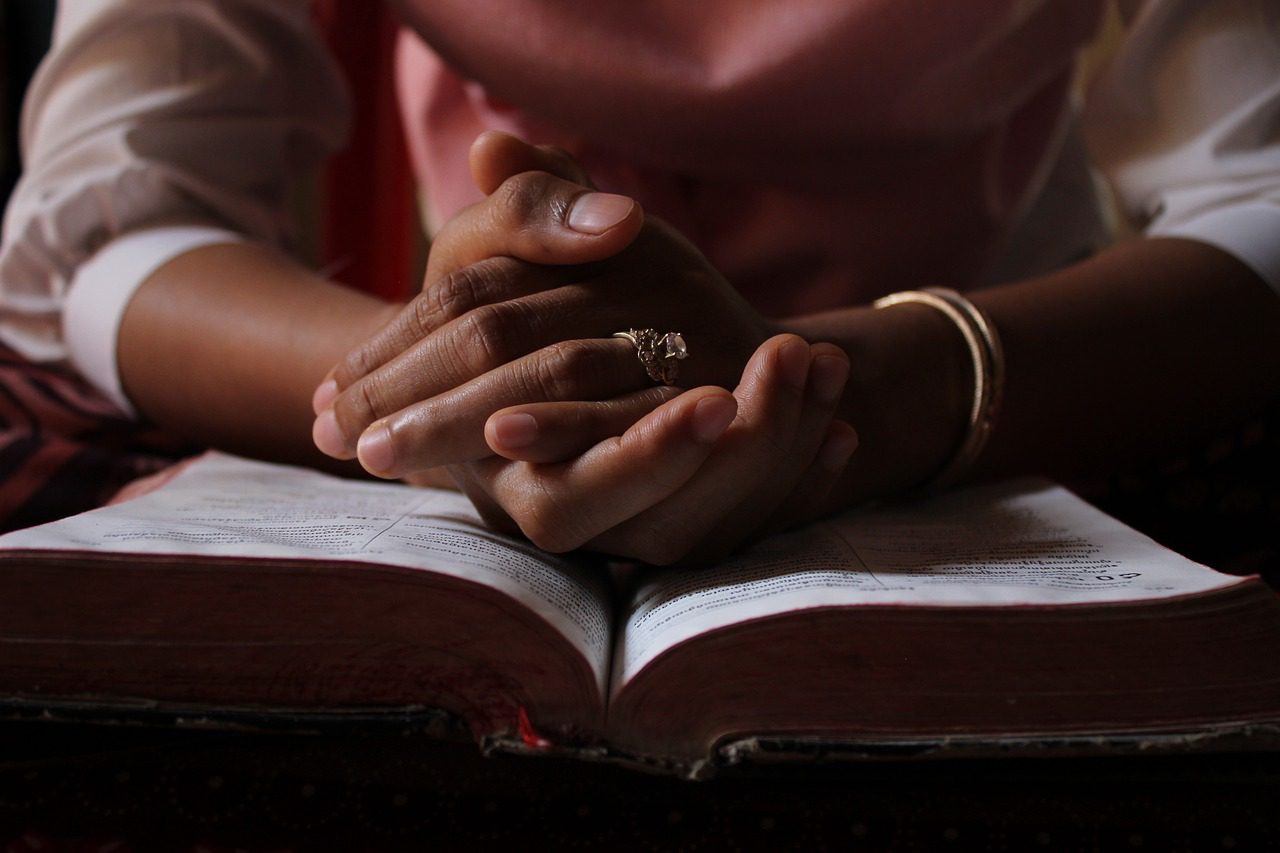
“What We Say Is What You See”: Portrayal by Faith-Based Organizations of Female Survivors of Sexual Exploitation in Cambodia
Abstract
The representation of trafficking survivors in marketing, research, and other materials can have a significant impact on the stigma placed on survivors and the services they receive. This study explores the representation of trafficking for sexual exploitation by several Christian Faith-based Organizations (CFBOs) in Cambodia. Major sources of information included interviews with Christian Faith-based Organization (CFBO) leaders and staff, and a review of publicly available secondary resources (aid agency websites, reports, advertisements, and other documents). This research examines how these organizations define their beneficiaries and communicate to their supporters using concepts, words, and images rooted in the agency’s particular perspective on Christianity. The paper explores CFBO discourse in that it includes the influence of CFBO metaphors and rhetoric on their framing of trafficking and exploitation issues and responses to it, and the impact of those portrayals on how their beneficiaries are viewed by their local communities both within the wider Cambodian context as well as internationally. Results revealed a sharp contrast between how trafficking survivors define themselves (i.e., how they make sense of their own lives in relation to trafficking and sexual exploitation) and how they are defined by society, their families, and CFBOs in relation to being trafficked and in the context of receiving CFBO assistance.
